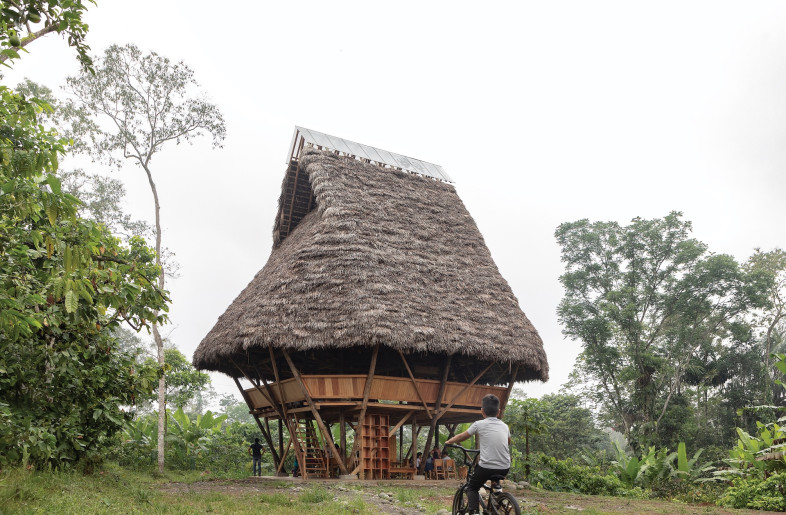Finch Buildings crafts modular boxes as a flexible solution with durability

AMSTERDAM – Finch Buildings produces contemporary housing units that are movable and customisable, as well as healthy to live in and sustainable to make. With a company whose product is offering an answer to the pressing question to the future of
Create a free account to read the full article
Get 2 premium articles for free each month
Related Articles
MORE Conceptual Design
Prefabrication and programmatic duality transform a former warehouse into a live-work space

In the climate conversation, low-tech architecture is leading the way in South America

In Quebec, strategic openings bring light and flow to a suburban home

He moved countries to relearn design. Now, Sho Ota prioritizes his relationship with timber

This week, surreal gender-bending performance, more-than-human design, and new objects in old buildings

The latticed façade of a rural weaving museum echoes the region’s looming past
-thumb.jpg)
How AI is rewriting the afterlife of buildings

Editor’s Desk: This summer, three retrospectives by designer-artist-activists whose work paved the way

A metal and woodworking past isn’t hidden. Instead, a Houston space embraces its materials
